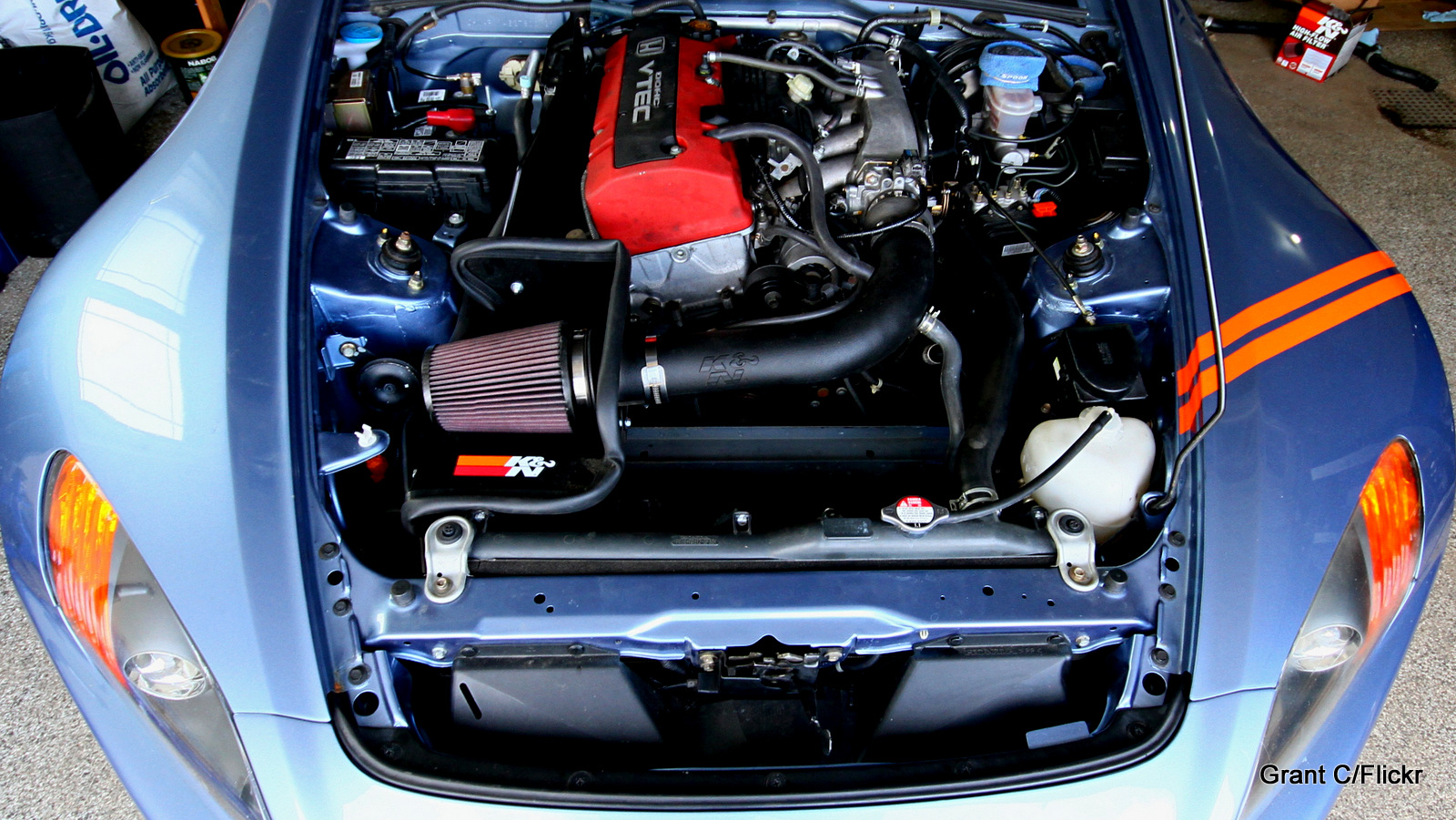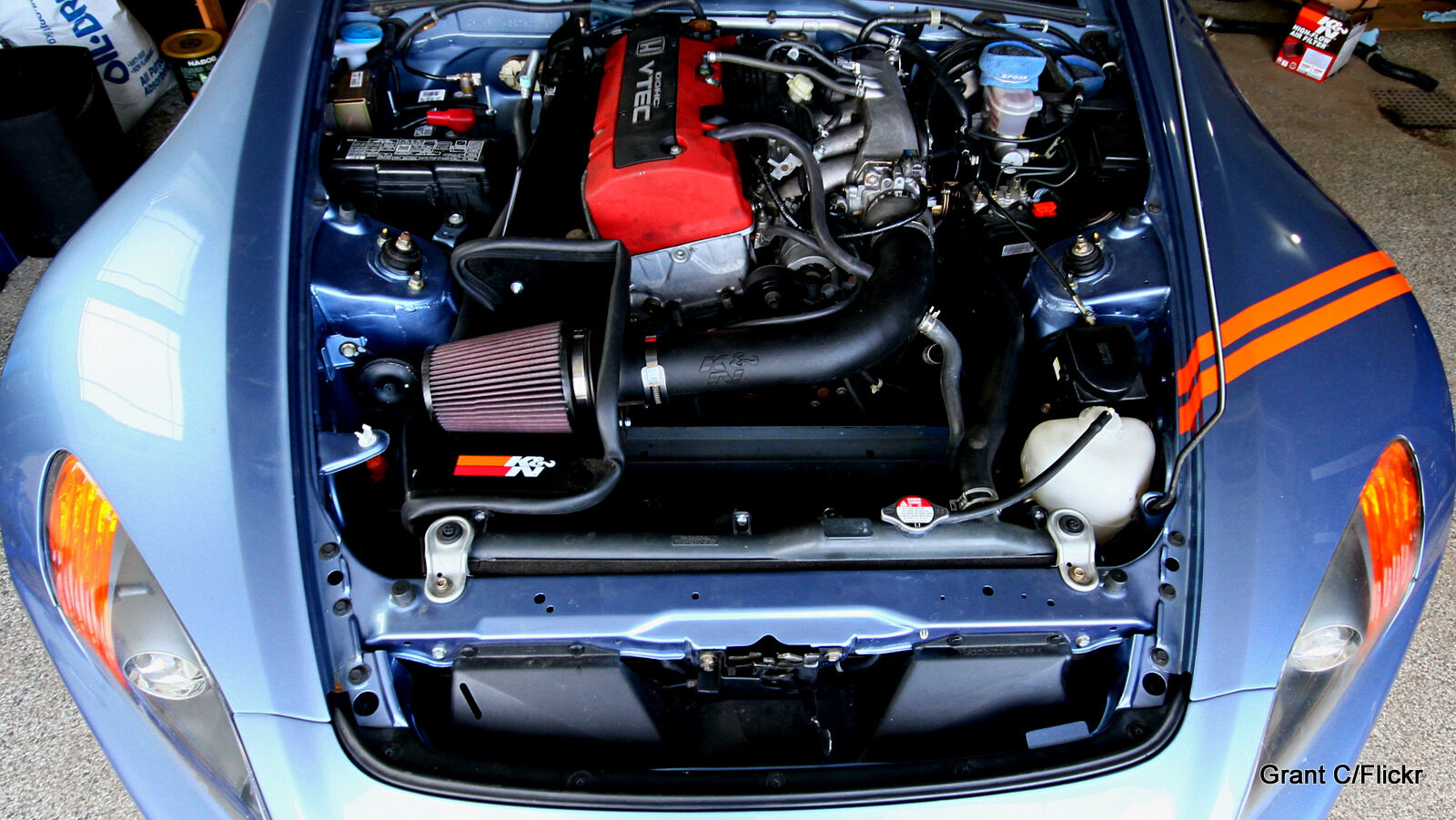
EFF is fighting for vehicle owners’ rights to inspect the code that runs their vehicles and to repair and modify their vehicles, or have a mechanic of their choice do the work. At the moment, the anti-circumvention prohibition in the Digital Millennium Copyright Act arguably restricts vehicle inspection, repair, and modification. If EFF is successful then vehicle owners will be free to inspect and tinker, as long as they don’t run afoul of other regulations, such as those governing vehicle emissions, safety, or copyright law.
You can support EFF’s exemption requests by adding your name to the petition we’ll submit in the rulemaking.
Most of the automakers operating in the US filed opposition comments through trade associations, along with a couple of other vehicle manufacturers. They warn that owners with the freedom to inspect and modify code will be capable of violating a wide range of laws and harming themselves and others. They say you shouldn’t be allowed to repair your own car because you might not do it right. They say you shouldn’t be allowed to modify the code in your car because you might defraud a used car purchaser by changing the mileage. They say no one should be allowed to even look at the code without the manufacturer’s permission because letting the public learn how cars work could help malicious hackers, “third-party software developers” (the horror!), and competitors.
John Deere even argued that letting people modify car computer systems will result in them pirating music through the on-board entertainment system, which would be one of the more convoluted ways to copy media (and the exemption process doesn’t authorize copyright infringement, anyway).
The parade of horribles makes it clear that it is an extraordinary stretch to apply the DMCA to the code that runs vehicles. The vast majority of manufacturers’ concerns have absolutely nothing to do with copyright law. And, as the automakers repeatedly point out, vehicles are subject to regulation by other government agencies with subject matter expertise, which issue rules about what vehicles are and are not lawful to operate on public roadways.
The DMCA essentially blundered into this space and called all tinkering and code inspection into question, even acts that are otherwise lawful like repairing your car, making it work better at high altitude, inspecting the code to find security and safety issues, or even souping it up for use in races on a private course. We’re presenting the Copyright Office with the opportunity to undo this collateral damage and leave regulating auto safety to specialized agencies, who understandably have not seen fit to issue a blanket prohibition against vehicle owners’ doing their own repairs and safety research.
Here’s how you can help. The opponents of the vehicle exemptions say that no one really cares about the restrictions they place on access to vehicle code, so the Copyright Office should deny the exemptions. Now, we cited a number of projects, and thousands of people wrote to the office to support the exemptions, but we are confident there are even more projects, businesses, and individuals out there who need these exemptions and it would be a shame if the Copyright Office didn’t know it.
If you have had problems with vehicle repair or tinkering because you were locked out of your vehicle’s computers, if you would have engaged in a vehicle-related project but didn’t because of the legal risk posed by the DMCA, or if you or your mechanic had to deal with obstacles in getting access to diagnostic information, then we want to hear from you—and the Copyright Office should hear from you, too.



 The Electronic Frontier Foundation
The Electronic Frontier Foundation